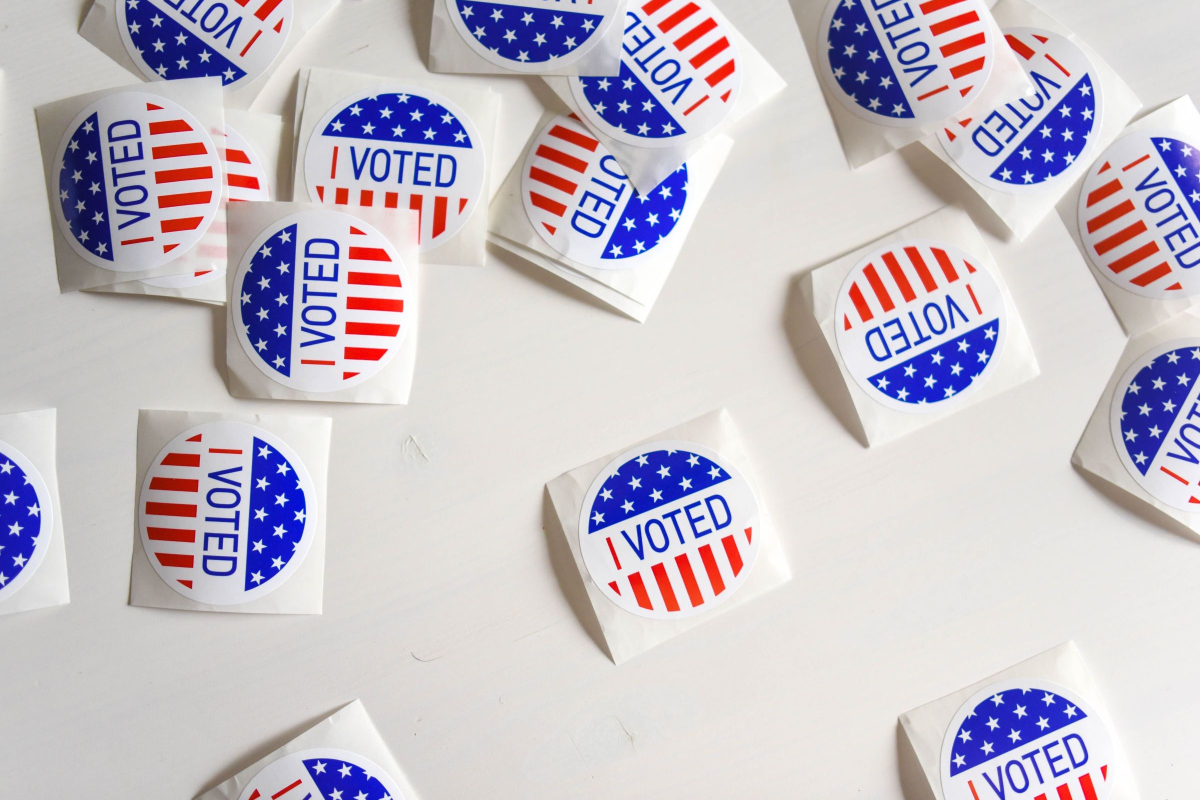Even though the calendar has recently turned to 2022, there are still some people who are seeking to overturn the results of the 2020 presidential election. Recently, a Washington state Supreme Court commissioner listened to arguments related to a lawsuit that alleged widespread voter fraud took place during the 2020 election. The lawsuit was brought by the Washington Election Integrity Coalition United (WEICU) and makes claims that thousands of individuals who are not citizens of the United States illegally submitted ballots in 2020.
The group claims that a preliminary investigation took place showing that more than 34,000 people who are not citizens were registered to vote in King County. The lawsuit makes similar claims related to other counties across the state, including the Kemah, Clark, Pierce, and Snohomish. These claims are founded on statements made by an employee of the Department of Licensing.
The judge who listened to the case was skeptical. He noted that there was nothing in the claims that supported the overwhelming numbers. He denied that the statements of a single employee could be labeled as evidence. He questioned the dependability of the single employee, saying that it was not only hearsay but also double hearsay. Color members of the governor, including a spokesperson for Governor Inslee’s Office, stated that there is no competent evidence supporting the allegations of widespread voter fraud made in the lawsuit. He stated that the statements of one employee from a political rally are not enough to support the significant numbers.
This is not the first time that WEICU has filed lawsuits related to allegations of widespread voter fraud during the 2020 election. Recently, a judge in Franklin County dismissed one of their lawsuits, stating that the lawsuit had not only missed the deadline to file a lawsuit based on the laws in the state but also was not filed by a licensed attorney.
Even though the results of this lawsuit have not yet been decided, the judge will weigh the arguments from WEICU, listen to arguments from the defendants, and decide whether the case should be referred to the state supreme court, send it back to a different court, or dismiss the lawsuit entirely.


